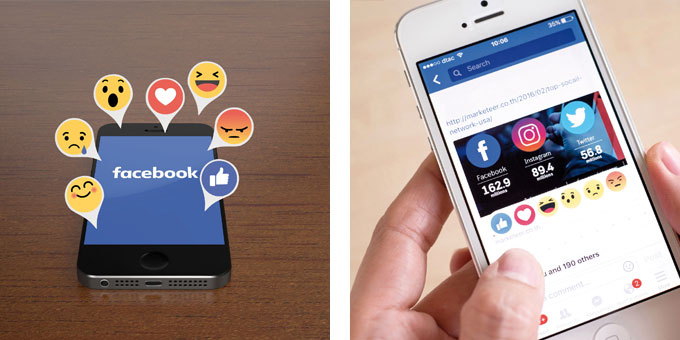Legal & Real Estate
Home, Garden & Decoration
Global Topics
Inside Ibiza
Health & Wellness
Ibiza Optimista
Published in Ibicasa Magazine on 15/04/2019


A reporter from the Guardian newspaper wanted to find out how much information Facebook gathers from each user, so he downloaded his own file. There is actually a page called ‘download your info’ where you can do this but be careful - the size of your file could take up most of your computer’s memory. The reporter had only been using Facebook for a few years, yet they already had enough information stored about him to fill 400,000 documents. The data harvest for people who start using Facebook at a young age would likely be very much larger. This would give those who buy or otherwise have access to that information a comprehensive picture of the individual in question. If you think you are escaping this by using Instagram and/or WhatsApp then think again. Facebook owns both of those companies and uses the same data collection methods to get your information.

The company is facing a huge controversy because they shared data from over 87 million American Facebook users with organizations that used the information to influence voters in the 2016 US elections. Investigations by the New York Times and other news agencies have shown that this is also being done in elections throughout Europe. Perhaps most troubling is the way that Facebook’s management has responded to the growing pressure over their role in election interference. They say that they are sorry for what has happened, and that they will try to do a better job of filtering dangerous posts. But the sincerity of this effort is not in synch with the enduring motto of the company which is “Move Fast and Break Things!” Zuckerberg set the tone for this in the company’s early years by saying, “It’s more useful to make things happen and apologize later, than it is to make sure you get all the legalities right, but then not get stuff done.”


Related Articles

CO-HOUSING: A New Way of Living
In response to the fast-paced world, co-housing communities offer an alternative approach. Independent residents collaborate in designing and operating sustainable neighbor... READ MORE
In response to the fast-paced world, co-housing communities offer an alternative approach. Independent residents collaborate in designing and operating sustainable neighborhoods, promoting shared values and harmonious living. Originating in Denmark in the '60s, this concept has seen a recent resu... READ MORE

Toward a Four Day Work Week
In recent decades, global changes in work nature, driven by globalization, automation, and digitalization, have led to a reevaluation of the traditional five-day workweek. ... READ MORE
In recent decades, global changes in work nature, driven by globalization, automation, and digitalization, have led to a reevaluation of the traditional five-day workweek. Experimenting with a four-day workweek has gained traction globally, with companies aiming to enhance both employee satisfact... READ MORE

The Mystery of Creation
How did the universe begin? While science points to the Big Bang, is it plausible that everything emerged randomly from a speck of matter? Integrating traditional beliefs i... READ MORE
How did the universe begin? While science points to the Big Bang, is it plausible that everything emerged randomly from a speck of matter? Integrating traditional beliefs in a deity with the materialistic scientific perspective may offer a more complete understanding. Some propose consciousness p... READ MORE
.jpg?locale=en)
The Law of Attraction
Many people have heard about the Law of Attraction, but few have a real grasp of what it actually is and how it works. The basic principles underlying this phenomenon are: ... READ MORE
Many people have heard about the Law of Attraction, but few have a real grasp of what it actually is and how it works. The basic principles underlying this phenomenon are: 1) Everything in the universe is a form of vibrating energy – including your thoughts, words and feelings. 2) The laws of phy... READ MORE
© Copyright 2024
Ibicasa Home and Services.